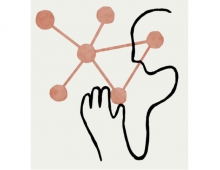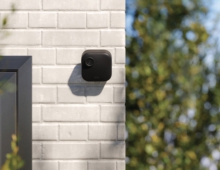
Police Hopes an Amazon Echo Caught Sounds In A Crime Scene
Can Alexa help solve a murder? Police in Bentonville, Arkansas would love to know whether an Amazon Echo picked up the sounds of a crime.
As reported in the Washington Post, the investigation highlights the privacy issues around increasingly popular smart-home products.
When police responded to a home in Bentonville, Ark., one Sunday morning last November, they discovered Victor Collins's dead body in the backyard.
Inside the house, detectives discovered "smart home" devices, including a Nest thermometer, a Honeywell alarm system, a wireless weather monitoring system and an Amazon Echo. Police seized the Echo and served a warrant to Amazon, noting in the affidavit there was "reason to believe that Amazon.com is in possession of records related to a homicide investigation being conducted by the Bentonville Police Department."
While police have long seized computers, cellphones and other electronics to investigate crimes, this case has raised fresh questions about privacy issues regarding devices like the Amazon Echo or the Google Home, voice-activated personal command centers that are constantly "listening."
The Echo is equipped with seven microphones and responds to a "wake word," most commonly "Alexa." When it detects the wake word, it begins streaming audio to the cloud, including a fraction of a second of audio before the wake word, according to the Amazon website.
A recording and transcription of the audio is logged and stored in the Amazon Alexa app and must be manually deleted later.
Police did not specify what data they expected to find on Bates's Echo. Only if someone happened to have triggered his device with its wake word would it have begun recording any audio.
According to Amazon, the Echo is not recording at all times without the "wake word" being issued. The device is constantly listening but not recording, and nothing is streamed to or stored in the cloud without the wake word being detected.
"Amazon will not release customer information without a valid and binding legal demand properly served on us," a company spokeswoman said in an email to The Post.
Amazon Echo and Google Home both sold well over the holidays, apparently, so chances are you or someone you know has a smart-home assistant sitting on the coffee table. The conveniences they offer are impressive, but the data they collect brings up privacy issues. Maybe no one cares how many times you asked for country music or the weather, but the fact that the data is stored and could be accessed-even by someone who just knows how to get into your account-is important to understand.





















